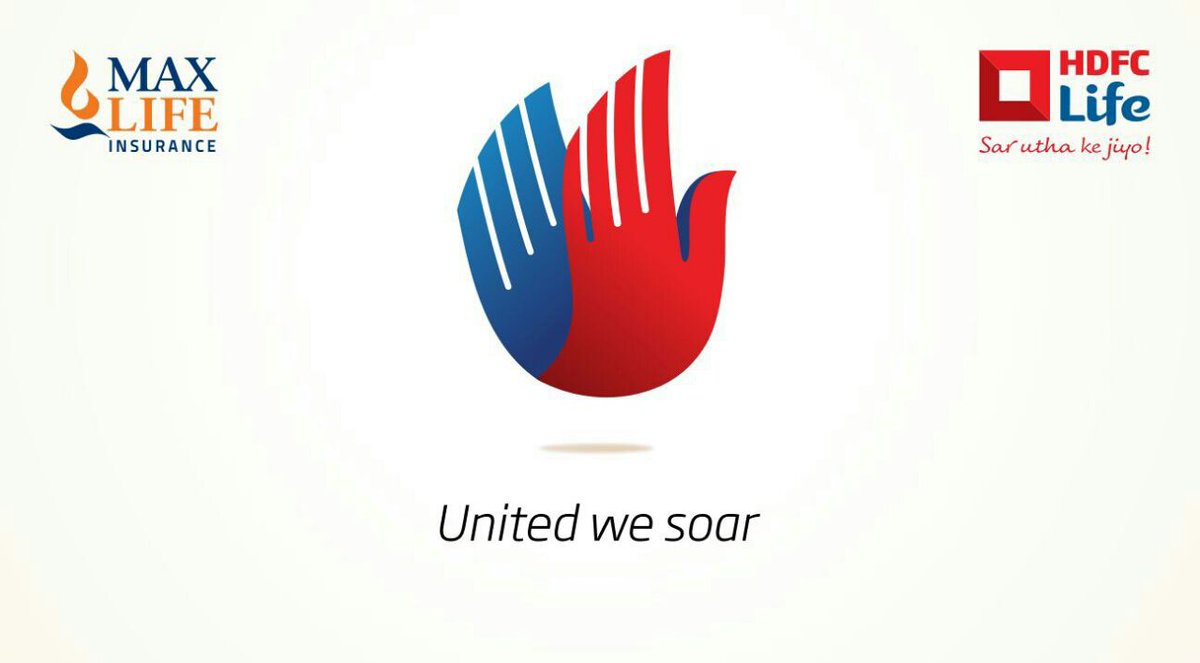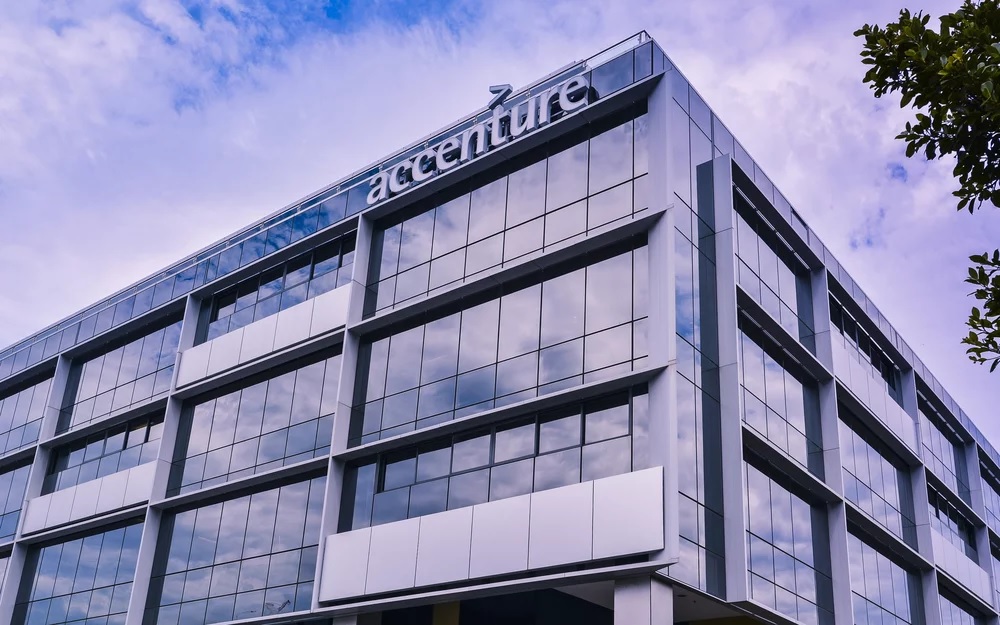As far as giants go, Anheuser-Busch InBev doesn’t do a lot of sleeping.
The Budweiser brewer is still trying to get its MegaBrew-sized, $100 billion-plus takeover of SABMiller across the finish line, with the final task of wrangling shareholder approval proving more difficult than initially expected. And yet even amidst that drama, AB InBev still found time to lock in some side deals.
But what’s really interesting is that as part of the arrangement, AB InBev and Craft Brew Alliance laid out a framework under which the former could acquire the latter. That’s not something you typically see, even among companies as closely linked as the two brewers. AB InBev has been an investor in Craft Brew (called Redhook Ale Brewery before its 2008 merger with Widmer Brothers Brewing) since at least 1994.
Craft Brew has essentially gotten AB InBev to set a floor for an acceptable takeover value, if and when it makes a move. A “qualifying offer” for the company in the next year would be $22 a share at a minimum — a 52 percent premium to the stock’s closing price Tuesday. The baseline price bumps up to $23.25 if the bid is made within two years and to $24.50 if AB InBev approaches within three years. If Craft Brew rejects an offer above those prices within the designated time frame, AB InBev can reconsider the distribution and production agreements and decline to pay out a $20 million incentive payment that’s part of the international rights deal.
Obviously, there’s no guarantee that the two companies will ink a deal, but this level of detail signals that AB InBev has every intention of wanting options for craft brew acquisitions in the future — even after it swallows SABMiller. Indeed, since AB InBev announced that purchase in October, it’s announced at least seven other deals, most of which were for craft brewers.
In order to get the U.S. Justice Department to approve its SABMiller takeover, AB InBev had to agree to notify officials if it buys a craft brewer — even if the size of the target falls below legal reporting requirements. But the toughest limits imposed by the antitrust regulators have to do with acquisitions of distributors, leaving AB InBev some capacity for brewery-focused deals in the U.S.
No doubt there are those who cringe at the thought of seeing another craft brewer subsumed by Budweiser. But the fact is that a relationship with AB InBev can deliver tangible economic benefits for smaller brewers — Craft Brew itself has been one of the biggest advocates of this type of partnership. Meanwhile, the big guys like AB InBev and Heineken still need the growth that niche labels can provide. And so the craft brew acquisition hunt will continue, whether you’re ready to toast to it or not.
- One possible reason for the three-year time frame is that AB InBev is really just interested in buying the Kona brand. AB InBev decided not to increase the price of its existing distribution agreement with Craft Brew but required the company to invest half of the money it’s going to save as a result of the Kona brand. Given a few more years, Craft Brew could broker enough additional partnerships to make the company a viable entity without Kona, notes Roth Capital analyst Anton Brenner.
This column does not necessarily reflect the opinion of Bloomberg LP and its owners.




